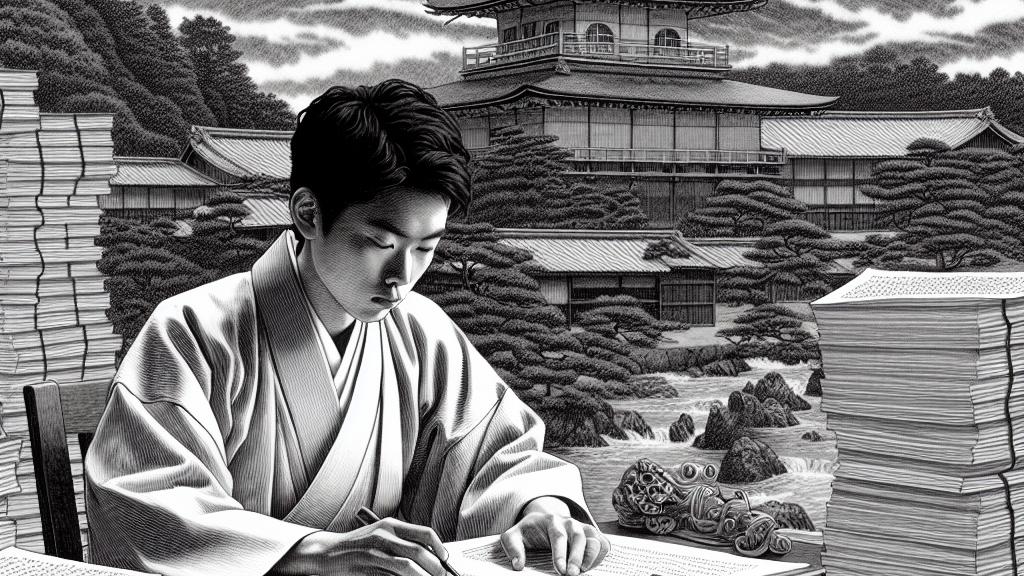Understanding the Admission of a Young Royal to University
Overview
- Prince Hisahito of the Akishino family is accepted into Tsukuba University, a significant event in Japan.
- His admission sparks lively debates about fairness and equity in university admissions.
- This showcases the extreme pressure and competition that students face in Japan's entrance exam system.

Prince Hisahito's Noteworthy Path
Recently, Japan has been buzzing with excitement as Prince Hisahito, the eldest son of the Akishino family, secured a coveted spot at Tsukuba University. This prestigious university, located in the scenic Ibaraki Prefecture, is celebrated for its rigorous academic environment. Now, imagine this: countless students dedicate years of relentless study, late nights filled with textbooks, and endless preparation just to gain admission to such a distinguished institution. However, when a member of the royal family enters the picture, one cannot help but question the processes at play. Did he truly face the same challenges that every other student confronts? Yes, he certainly did. Despite his stature, he took on the highly challenging recommendation exam, which included tricky essay prompts that could stump even the most astute high school candidates.
Navigating Japan's Complex Admissions Process
Understanding the Japanese university admissions process reveals a complex and often daunting landscape for aspiring students. Those aiming for elite universities like Tsukuba must clear not only demanding entrance exams but also an intricate web of academic assessments that test their knowledge across a spectrum of subjects—from mathematics to the sciences and foreign languages. Interestingly, students can choose between the traditional entrance exams and the recommendation exam path. For instance, in the case of Prince Hisahito, he leveraged the recommendation route, which emphasizes holistic assessment, encompassing excellent academic records, stellar essays, and well-rounded character. It's important to highlight that writing a compelling essay requires not only academic prowess but also creativity and critical thinking—a tall order for any student. Thus, his acceptance shines a light on the university's commitment to recognizing merit, regardless of background.
Public Reactions and Perspectives: A Mixed Bag
As news of the young prince's acceptance flooded social media, reactions swiftly varied, encapsulating a broad spectrum of public sentiment. On one hand, many people celebrated his achievement, wishing him an enriching and fulfilling university experience filled with new friendships and knowledge. On the other hand, skepticism arose among some citizens, who questioned whether his royal heritage might have influenced the admission decision. Public discourse ignited, with insightful discussions emerging about the fairness of educational opportunities. For example, many pointed out that recommendation exams often involve essays so challenging that they require candidates to articulate complex arguments and demonstrate deep understanding. This enlightening dialogue underscores the ongoing struggle for equality within education. Ultimately, as we observe Prince Hisahito's journey through university life, there lies hope that his experience will inspire countless students to chase their dreams—reinforcing the notion that hard work, regardless of one's background, can yield remarkable results.

Loading...